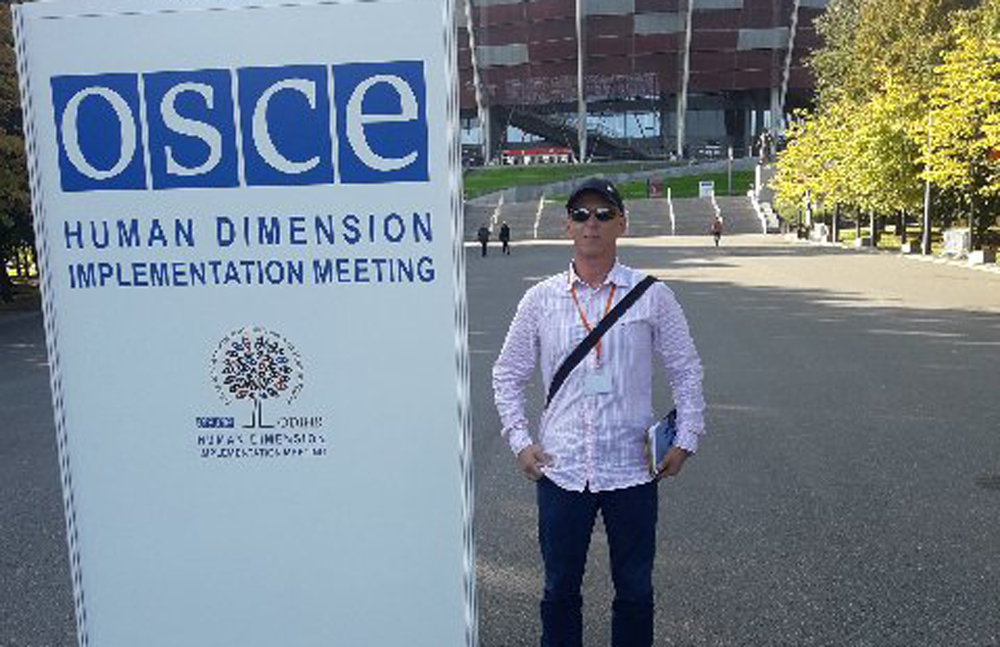Vatican News English Africa Service – Vatican City
“They bring bloodshed; they kill. Instead of freedom, they bring prison. They bring violence and imprison all those who oppose them. The only thing they know is violence,” This is the unflinching assessment of the Bishop of Chinhoyi on the government’s way of dealing with citizens.
Repression to genuine concerns deplored
In a sign of widespread disenchantment, especially among church leaders, with the Zimbabwe Government’s policies, the Bishop of Chinhoyi, Raymond Tapiwa Mupandasekwa, C.Ss.R., has criticised the government’s heavy-handedness in dealing with protests. The Bishop also deplored the way the government has gone about managing the COVID-19 emergency. In particular, he condemned the Government of President Emmerson Mnangagwa for prolonged arrests and the denial of bail to political activists and journalists accused of ‘lotting the unconstitutional removal of the government.’
Vice President’s decree to recruit doctors into military
The Bishop further criticised a recent decree by the country’s Vice President to enlist junior doctors in the army. Labour Unions say the move is aimed at stopping doctors from going on regular strikes due to unresolved pay disputes. Zim.Live Online reports that the country’s Health Minister and Vice President, Constantino Chiwenga, a former army general, has decreed that junior doctors be recruited as military doctors, or they would not be allowed to work in government hospitals. About 230 medical students completed their final examinations recently. They were due to be sent to public hospitals as Junior Resident Medical Officers (JRMOs) for three years of on-the-job-training. The three years is required before one can be allowed to practice in the private sector.
The decree is unconstitutional
Bishop Mupandasekwa said the Government has failed to manage the COVID-19 pandemic and was resorting to measures that are causing “great distress” to doctors with this “unconstitutional proposal. The freedom party (ZANU-PF) has refused to give freedom of choice to young doctors,” said the Bishop. The prelate cautioned that if the decree is not reversed, the country would find itself with insufficient doctors.
Strikes and demands for better conditions
Medical personnel in Zimbabwe regularly stage strikes due to low wages, poor conditions of service and to seek improvement to the inadequately resourced public health facilities.
Zimbabwe’s public hospitals face constant shortages of medicines and vital equipment. With the onset of COVI-19, essential PPEs (Personal Protective Equipment) were also said to be in short supply. Senior government officials, including Vice President Chiwenga, often seek medical assistance outside the country.
The country’s 2,000 junior doctors have gone on strike twice in the past 12 months, denouncing wages of up to Z$ 9,450 (About US$ 115) per month. Many are ready to leave if they find better-paid jobs in the region or elsewhere.
Bishops’ Pastoral Letter
The message of the Bishop of Chinhoyi comes in the wake of a Pastoral Letter released on 14 August 2020 by the Zimbabwe Catholic Bishops Conference (ZCBC) entitled, “The march is not over”.
Pastoral Letter asked Government to stop suppression of citizens
Following the Zimbabwe Government’s 31 July crackdown on national protests, the country’s Catholic Bishops criticised the constant unleashing of the police and military on the people. In reaction to the Bishops’ Pastoral Letter, Zimbabwe’s Minister of Information, Publicity and Broadcasting Services, Senator Monica Mutsvangwa issued a strong and personal statement attacking the Catholic Church leadership.
Personal attack on Archbishop Ndlovu
Although all Catholic Bishops in Zimbabwe had signed the Pastoral Letter, the Information Minister chose to isolate and target Archbishop Robert Christopher Ndlovu for a personal attack in the Statement she released. Archbishop Ndlovu is the current President of the Zimbabwe Catholic Bishops Conference.
Senator Mutsvangwa’s criticism on Archbishop Ndlovu met with an unprecedented backlash from citizens, various local Church leaders who all expressed solidarity with Archbishop Ndlovu and the all the country’s Bishops. The Holy See’s Apostolic Nuncio to Zimbabwe, Archbishop Paolo Rudelli, was among the first to offer his solidarity to the Archbishop of Harare. Later, several regional and international Catholic Bishops’ bodies and rights groups also joined with messages of solidarity for Zimbabwe’s Catholic leadership.
(Source: Agenzia Fides)














